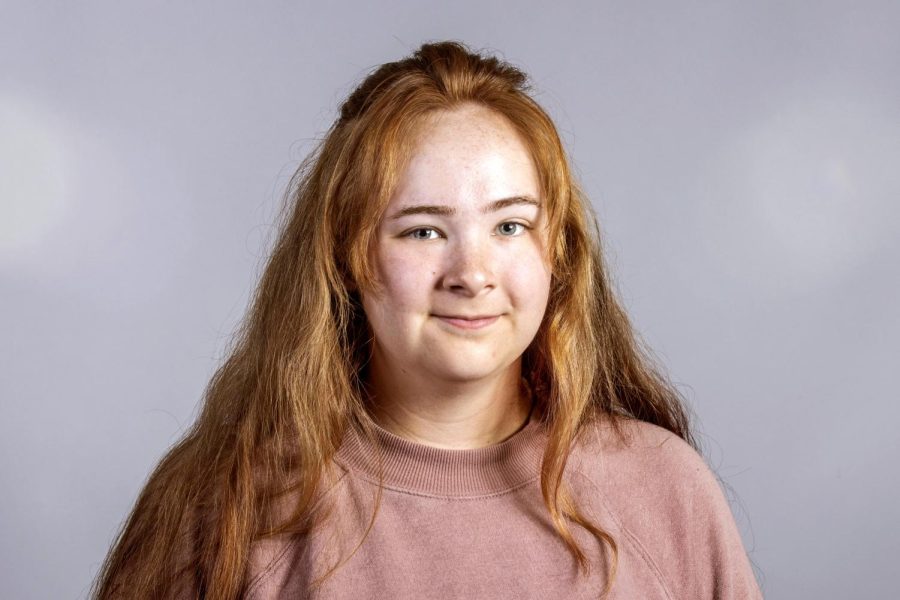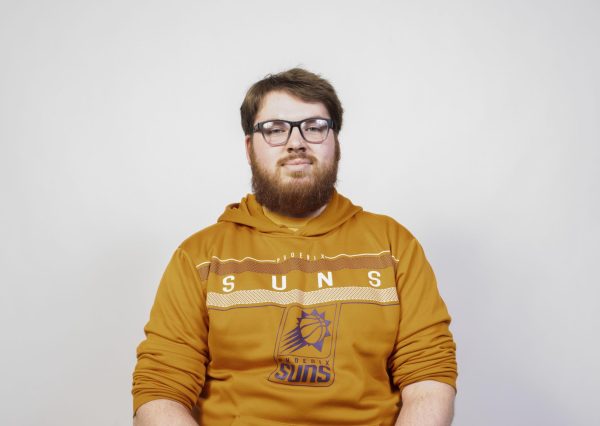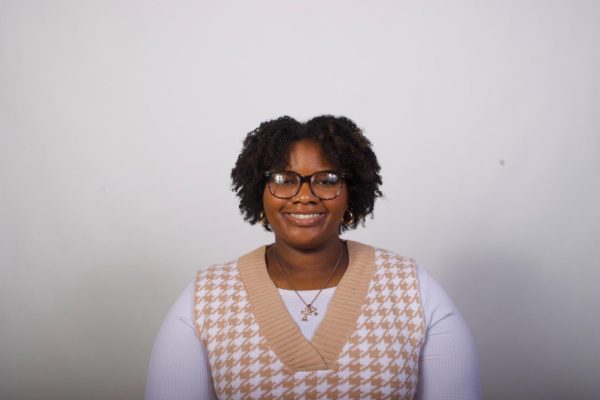COLUMN: Accessibility is not an option
Ellen Dooley is a junior special education standard major. and can be reached at 217-581-2812.
November 30, 2022
We are surrounded by technology. So why aren’t the needs of students with disabilities being met?
I am not talking about turning the volume up in a lecture hall or moving the student closer to the board.
There are multiple options that can be used to help students in kindergarten to graduate programs.
For example, there are simple everyday habits you can do when presenting or as an educator. Closed captioning. It is in most YouTube videos- just hit the button!
But there are some students who need more than just closed captioning. These are the students we need to advocate the most for.
There are multiple groups of students who could benefit from an augmentative and alternative communication device (AAC).
You may be asking- an augmentative and alternative what?
It is not as complex as you might imagine. It can be an electronic device (tablet, iPad, laptop, etc.) that has different pictures or symbols that represent a word.
For example, if there is a picture of toilet, you can guess that this picture would “speak” a phrase about needing to use the restroom
Not every student, family, or school district can afford an AAC. But what is the point of being accessible if the device that provides some accessibility is not accessible?
As some businessperson on Wall Street may have said, “money makes the world go ‘round.” Well, this is not the latest stock trade, we are talking about someone’s daily routine and quality of life here.
It feels like everyone is on board with being inclusive until it hits the point where funding is needed. Imagine if funding did not hold students back? That seems too good to be true though.
It brings me back to a column in the summer by Rob Le Cates about being how being “All In” means everyone.
It was about how a student on Eastern’s campus who uses mobility aids was not about to access some places on campus due to inadequate accessibility features.
For example, the dipped sidewalks. If someone is using a wheelchair and the dip is not adequate, then something must be fixed or replaced, right? Well, who is going to pay for it?
A problem leads to paperwork, paperwork seems to get backlogged or lost somewhere, someone is waiting on something from another person, and it all just seems to fade into nothing because you are sick of being put on hold.
People who need to access buildings or public areas cannot just sit around and wait for paperwork to be tossed between departments and services or for funding to magically come through.
These are living breathing people who are entitled to live their life independently. In the case of the column from the summer, just get their education like everyone else on this campus and around the world.
Accessibility is not an option; it is a right that needs to hold people accountable for including people of all capacities.
Ellen Dooley is a sophomore special education standard major. She can be reached at [email protected] or 217-581-2812.
















































